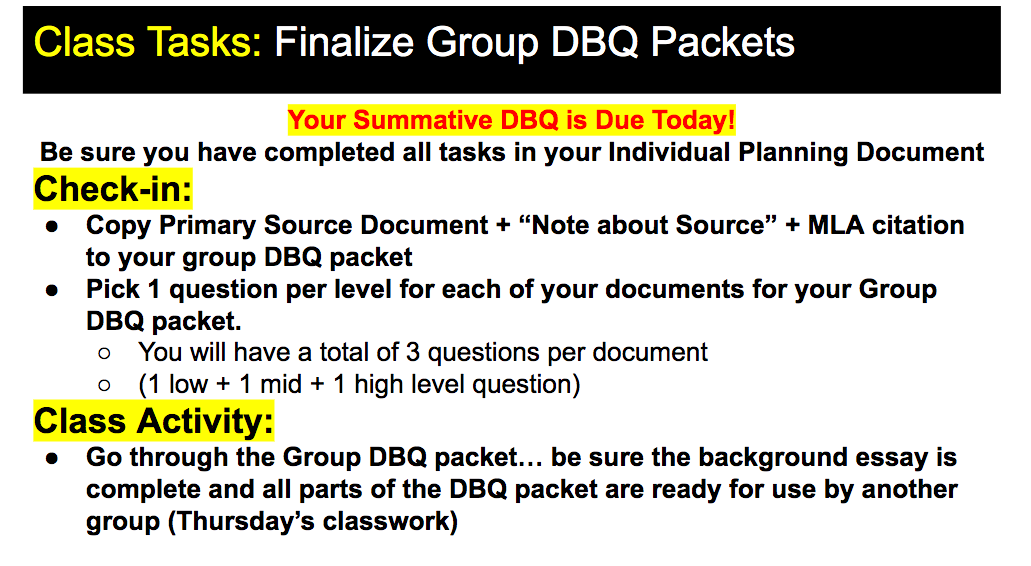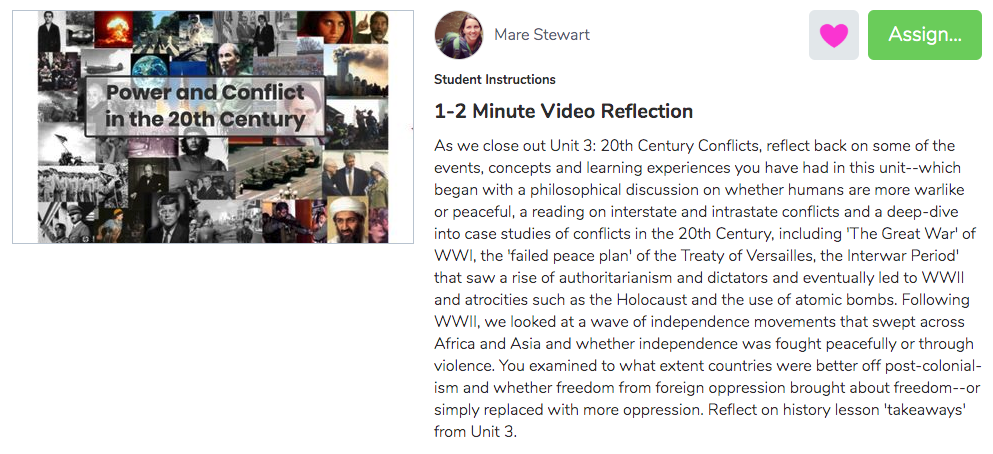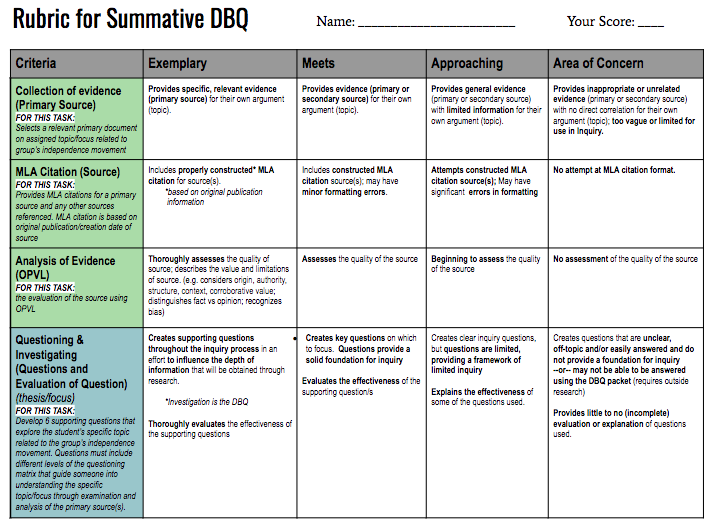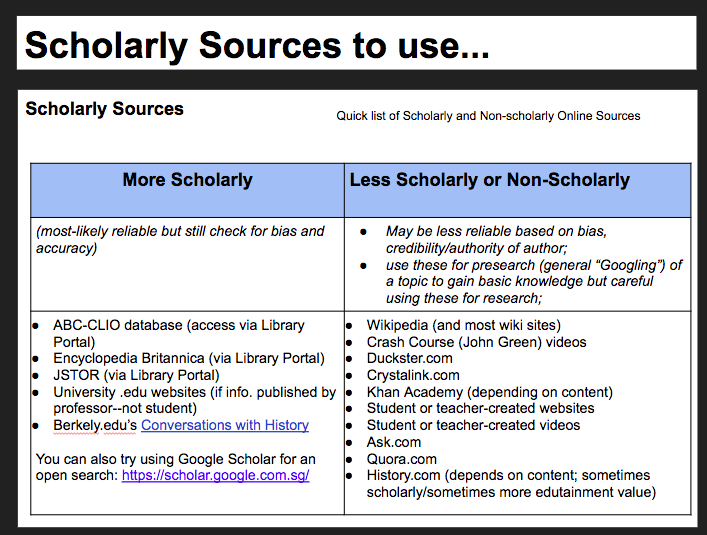Check-in:
For class... We will start class online using Zoom for attendance, check-in, etc. Join the Zoom Meeting. You can find the link and code to join posted on Schoology. There will be about 15 minutes Zoom meeting at the start (including a Kahoot Quiz), then a couple of tasks you'll complete for approx. 30 minutes of on your own (watch a 19-minute TEDEd video and answer some questions, read an article), then we'll all join back in the last 10 minutes with a short Zoom discussion about the video and article. In total, it will be approx. 1 hour of class time.
Class Tasks (complete on your own):1. Pick ONE from the list of the following resources related to "Africa is NOT a Country" and read (or watch):
2. Watch the following TED video: "The Danger of a Single Story"
Watch the video using EdPuzzle. The video will pause periodically and pose a question to you.
Exit Ticket: Zoom Closing Meeting
Use the same Zoom Meeting Code to rejoin the class.
You will engage in a small group discussion. Homework: Officially, None! (not formally)
|
Mrs. Stewart's CourseYou'll find a daily agenda posted here for each day that class meets Archives
May 2020
Categories |




 RSS Feed
RSS Feed